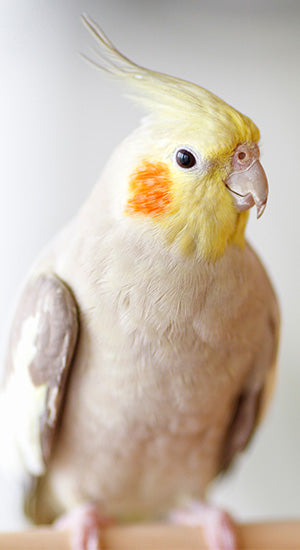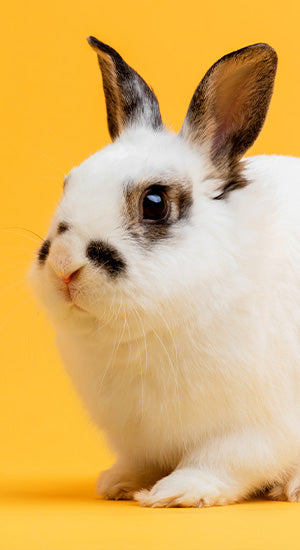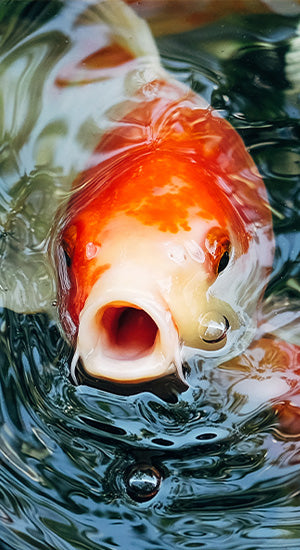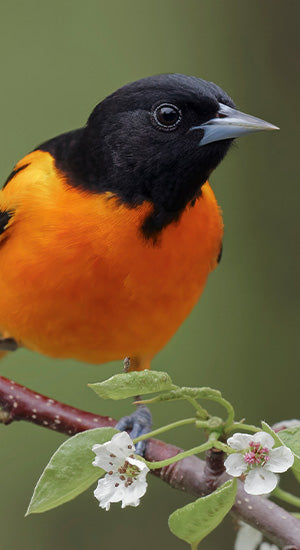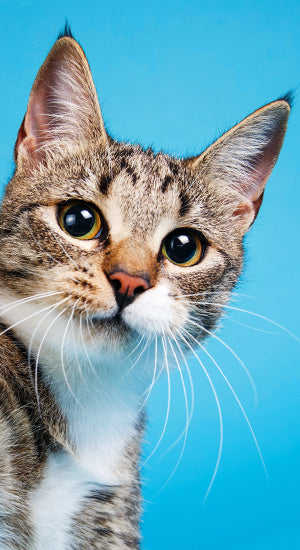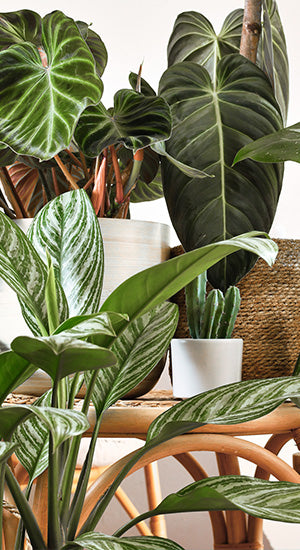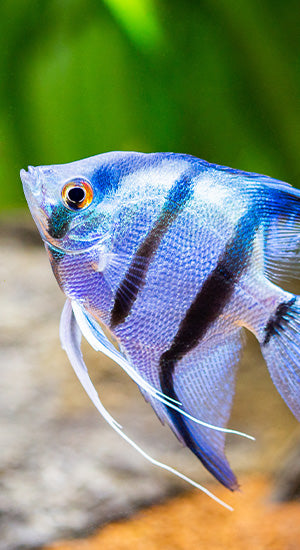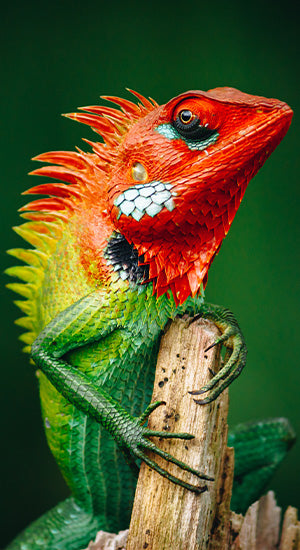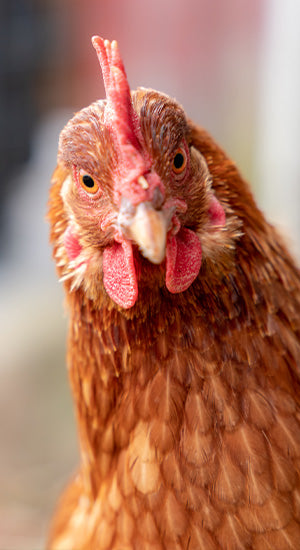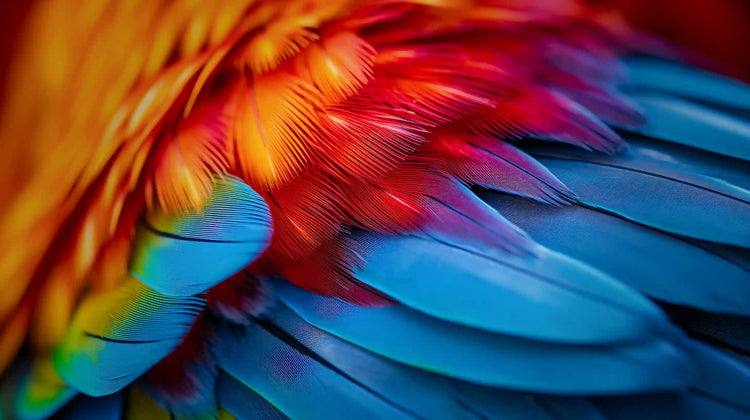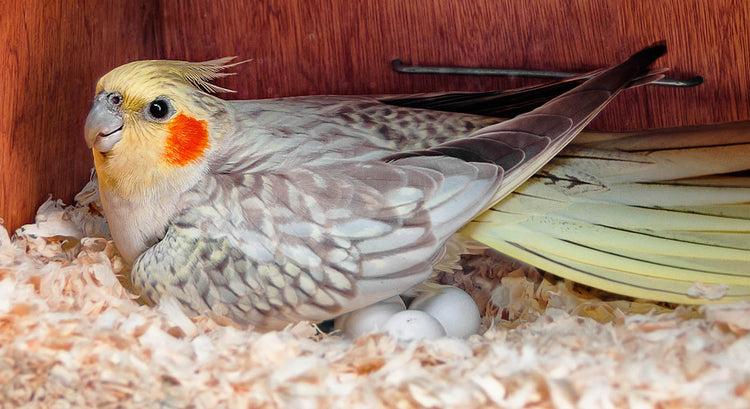
Whether they have a mate or not, many female pet birds may decide to lay eggs. While it is more common in the spring and summer, it can happen any time of year. Listed below are some tips you should know to discourage or eliminate egg laying problems.
How To Discourage Egg Laying
Do not provide a nest or nesting material. Use a wire grate in the bottom of the cage, and remove the paper or bedding material if she insists on pulling it up through the wire grate. Remove any sleeping beds she can hide in, and prevent her from accessing dark corners in the house.
Do not stroke your bird down the back, or vent area. Do not allow her to rub you, or become aroused by your petting techniques. Change her environment by switching toys around, put her into a different cage or by moving the cage to different locations within the room or into different rooms of the house. This should make her feel that it is not safe to start a family when her life is so unsettled.
Reduce the hours of daylight she receives by putting her to bed for 12 hours each night. You may have to move her to a darker room during the longer daylight hours of the summer months. Remember to continue to use the night light so as to prevent night fright, but be dark enough for her to sleep. The increasing length of daylight hours stimulates many birds to lay eggs in the spring and summer.
What To Do If Your Bird Lays Eggs
If she does lay eggs, leave the eggs with her if she is sitting on them so she won't feel the need to continue laying more and more. If she breaks them or abandons them, then they can be removed. Some birds need to have multiple eggs to sit on for two or three weeks to help fulfill their nesting urge. You may also be able to add marbles or artificial eggs of similar size to her egg collection for her to sit on.
Be sure to provide plenty of calcium in her diet. Cuttlebone, oyster shell, liquid calcium, an egg food, pellet diets, and vegetables high in calcium will all provide some supplement to ensure a healthy egg shell. Lack of calcium in the diet contributes to soft shells - leading to egg binding.
If Your Bird Is Having Trouble Laying An Egg
If your bird seems to be straining to lay an egg, or is sitting on the bottom of the cage with her eyes closed, feathers puffed, or not eating, she could be egg bound. Bring her in the bathroom and run some warm water in the shower to make the room steamy and warm, bathe the vent area in a shallow dish of warm water, and lubricate the area with mineral oil, coconut oil, or olive oil.
Be careful to massage the area lightly - you do not want to break the egg shell. This will only compound your bird's problems. If the egg does not pass within a short period of time, she will need to see a veterinarian. If pink or red tissue is protruding from her back end, this is an emergency and she needs to be seen by a veterinarian immediately.

